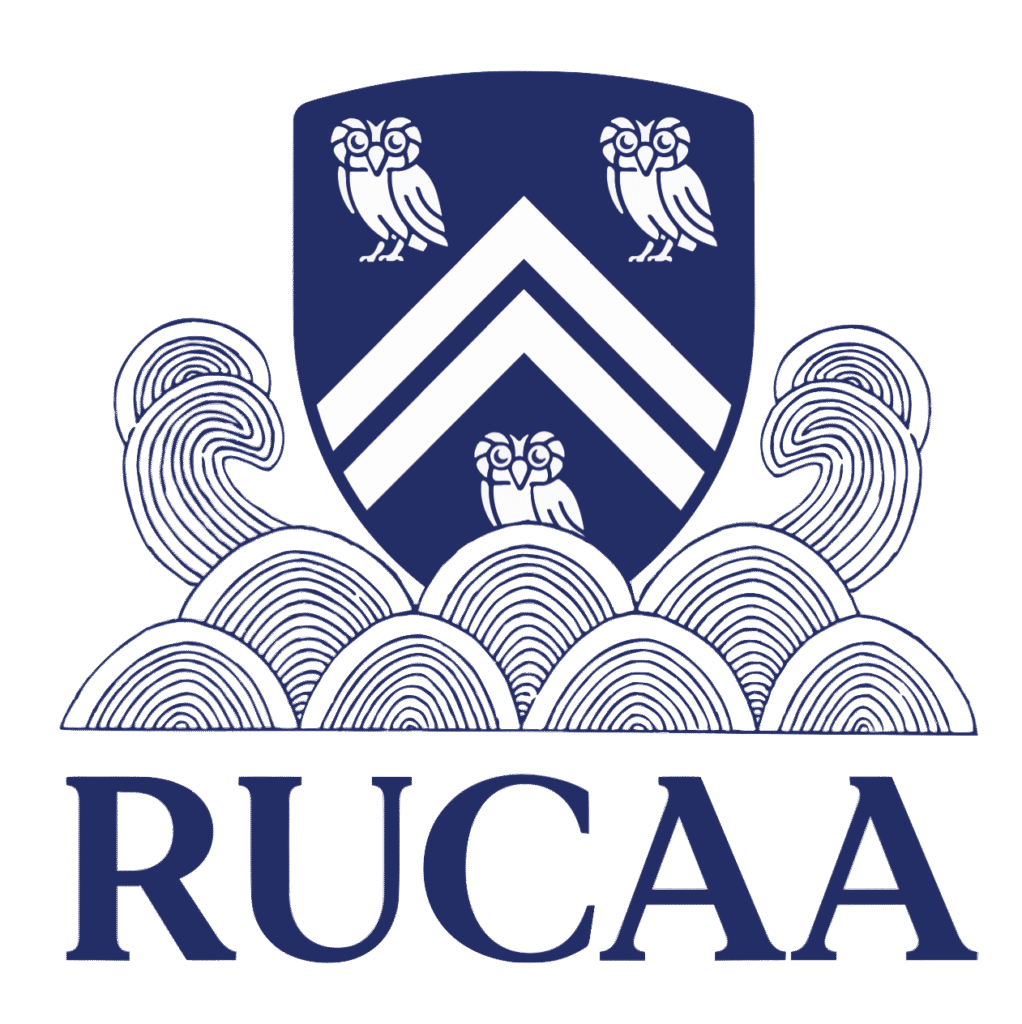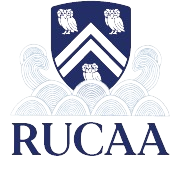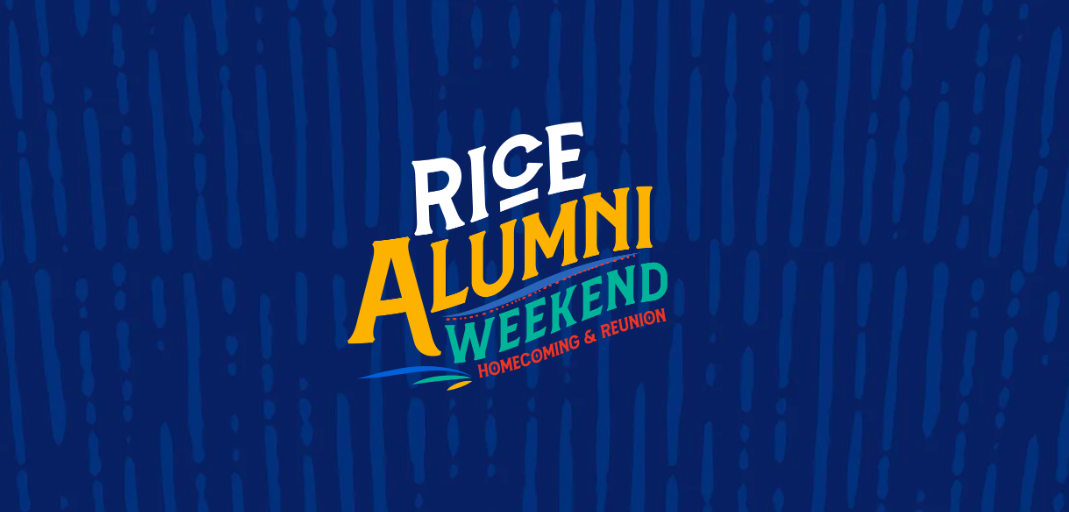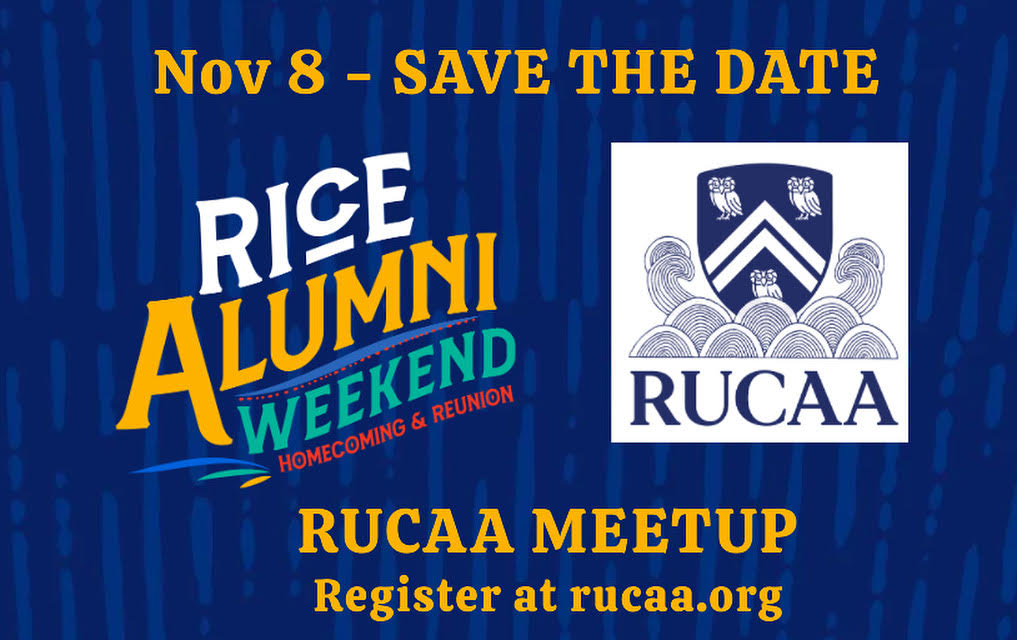Water, Connoisseurship, and Curiosity in Early Modern China This talk will be held both in-person and online via Zoom on Oct 16, 2025 at 4pm CT. No registration is required to attend in person. To attend via Zoom, please register. Abstract: This talk explores the diverse ways in which water was understood, valued, and employed in early modern China, highlighting its cultural, medical, and symbolic significance. While large-scale water-control projects defined China as a “hydraulic society,” literary, medical, and popular texts from the 16th to the 19th centuries reveal equally profound personal and intellectual engagements with water. Water was not only crucial for everyday life at all levels of Chinese society, it also functioned as an object of connoisseurship, a pervasive healing agent that crossed religious and medical boundaries, and an antidote to the pollution caused by ghosts and demons. Beneficent dragons inhabited watery realms but so did evil spirits, often in the form of snakes, turtles and insects. This lecture reveals how different waters—from melted plum-blossom snow to dragon spit—were distinguished not by modern chemical understandings but by their embodiment of different environments. Water was liquid time and space. This lecture focuses on the intersection of natural philosophy, medical practice, popular culture, and literature in an effort to identify and explain the complex relationship between environment, body, cosmos and unseen realms in late imperial China. Andrew Schonebaum is Associate Professor of Chinese Studies at the University of Maryland, College Park. He specializes in vernacular entertainments, encyclopedia, natural science and daily life in China, with particular expertise in traditional Chinese culture, literature, and the history of daily life in China. Faculty Host: Richard Smith The Transnational Asia Speaker Series is made possible through the generosity of the Ting Tsung and Wei Fong Chao Foundation. Free







